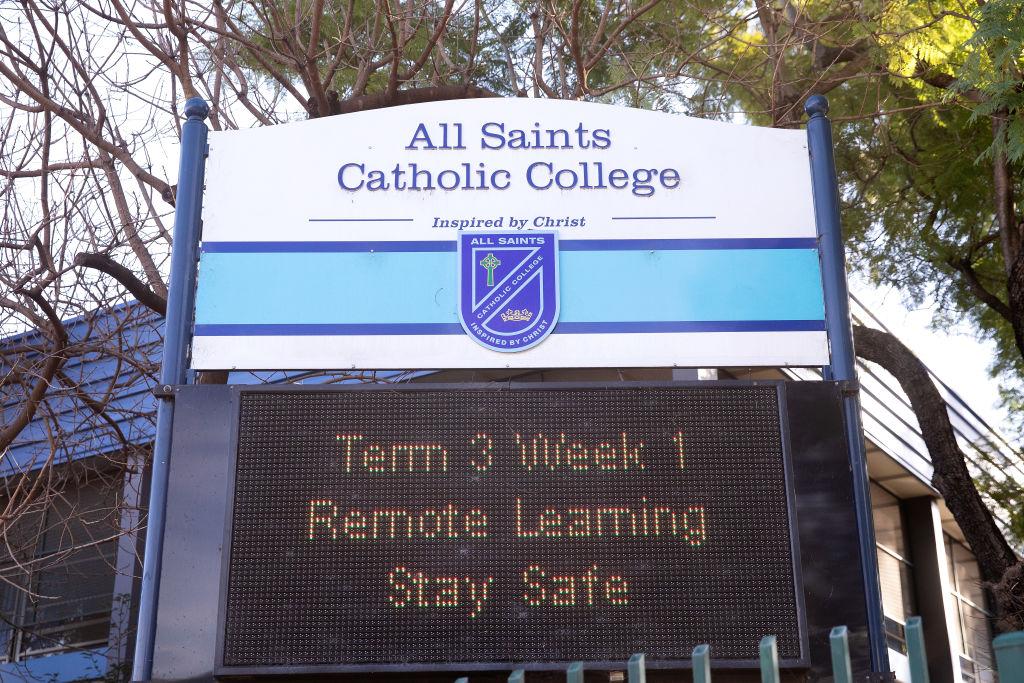Religious and independent schools in the Australian state of Victoria are opposing a new revenue-raising policy compelling many local education providers to pay payroll tax.
In the 2023-2024 state budget, the Victorian Labor government proposed to remove the payroll tax exemption for non-government schools with high tuition fees to raise money to help repay the massive $31.5 billion debt caused by its COVID-19 measures.





